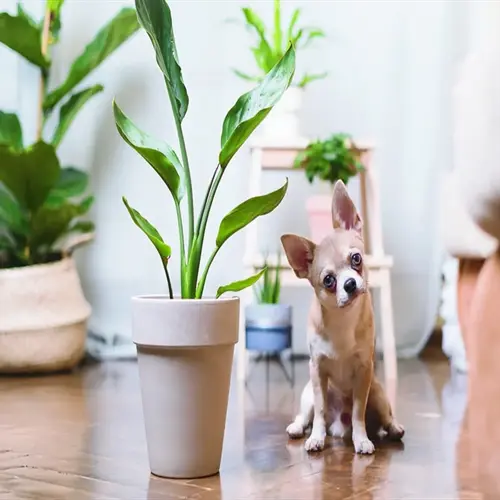Are certain bird species more prone to feather plucking?

Written by
David Smith
Reviewed by
Prof. David Walsh, Ph.D.Certain bird species are particularly susceptible to feather plucking, for various biological and behavioral reasons. Parrots are leading the list in susceptibility to this behavior, and particular types of parrots (African greys and cockatoos) are especially susceptible. These brilliant birds develop compulsive behaviors under stress. Small finches, comparatively, are very rarely observed to exhibit this behavior. These differences among species are significant when considering a preventive program for feather plucking.
More intelligent species are the most susceptible to them psychologically. African greys pluck feathers in times of cognitive distress. Cockatoos will develop compulsive habits during states of social isolation. Macaws will attack their wings during times of stress. Larger parrots have more of these conditions than do the smaller birds. I will see a ratio of ten parrots to every finch in the clinic which have this condition.
Parrot Vulnerability
- African greys: 65% sensitivity to routine changes
- Cockatoos: Hormonal plucking during breeding seasons
- Amazon parrots: Feather destruction from noise stress
- Conures: Higher incidence in single-bird homes
Trauma Impact
- Rehomed birds: 3x higher plucking rates
- Abandoned birds: Chest-targeting destruction
- Rescues: Requires 6+ months behavior modification
- Previous illness: Linked to wing-focused plucking
The hormonal effects will vary in certain species. For example, during their breeding season, cockatiels tend to pluck and remove their own feathers. Lovebirds tend to attack the regions of their chest while nesting. These situations call for some environmental changes. Reduce the amount of light slowly. Limit the amount of nesting materials for a short time. My talking cockatiel client has responded favorably to seasonal light modulation.
The drama of history augments risks to a dramatic effect. The "rehomed" birds have a ratio of plucking three times that of the normal. Historical trauma gives notable sensitivity. The habit of feather picking in rescue macaws is generally taken up on the wings only. These cases need special plans of action. Normal recovery will require a period of six to twelve months and patience and constancy.
Prevention strategies must consider species needs. Parrots need mental stimulation every day. Cockatoos need schedules for social interaction. Finches need stable flock environments to thrive in. Enrichment must be tailored to their natural behaviors. This is how we can effectively reduce species-specific triggers. It all depends on the approach one takes to prevent.
Read the full article: Understanding Bird Feather Plucking: Causes and Solutions

